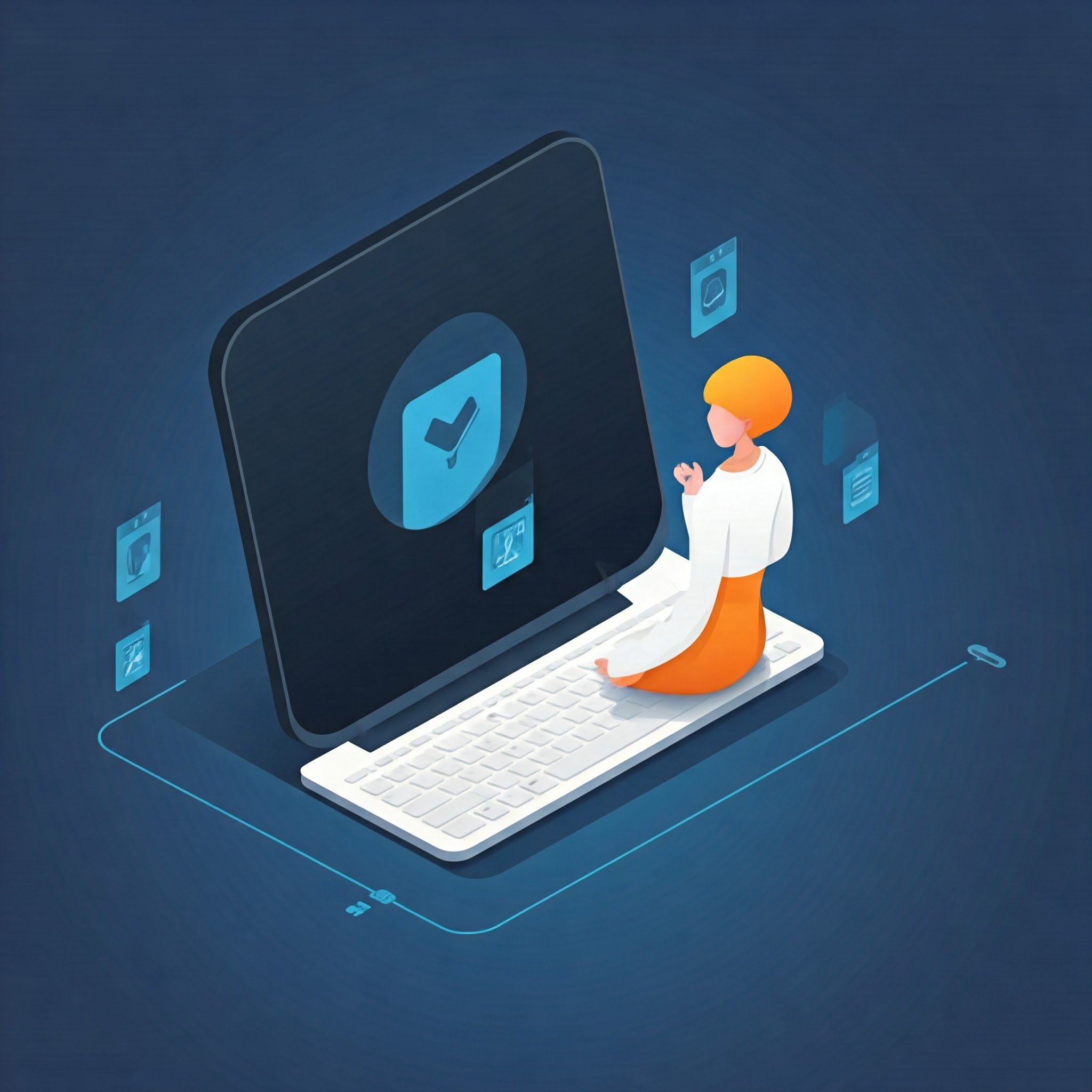
Ways to Protect Personal Data Online Effectively
In today’s fast-paced digital age, protecting personal data online is more crucial than ever. With the rapid rise of cyber threats, identity theft, and data breaches, it’s essential to stay ahead of the curve. Whether you’re using the best budget smartphones of 2025 or optimizing your Windows 11 PC, the need for online privacy has skyrocketed. In this article, we’ll dive deep into ways to protect personal data online, offering you powerful strategies, tips, and tools to safeguard your information.
1. Use Strong Passwords & Enable Two-Factor Authentication
Let's face it: "123456" or "password" isn’t going to cut it anymore. Your first line of defense? Strong, unique passwords for each service. You should also embrace two-factor authentication (2FA) for an added layer of protection. Think of it as the Beginner’s guide to using VPNs: it's an essential tool that strengthens security, especially when coupled with an encrypted connection. Oh, and while you’re at it, consider using a password manager to keep track of your credentials.
2. Keep Your Software Updated
Software updates aren’t just about new features—they’re often packed with critical security patches. From the top free video editing software in 2025 to your web browser, keeping everything updated ensures that you're protected against the latest vulnerabilities. And hey, this includes your smartphone too. Whether it’s the newest Android or iPhone, make sure you’re getting those timely updates!
3. VPN: Your Digital Bodyguard
If you're not already using a Virtual Private Network (VPN), now's the time to start. A VPN encrypts your connection, making it far more difficult for hackers to intercept your data. Whether you're browsing the web, streaming content, or sending confidential emails, a VPN is a must-have. Learn how to use a VPN like a pro with our Beginner’s guide to using VPNs, and experience the web with peace of mind.
4. Be Careful with Public Wi-Fi
We’ve all done it—checking emails or scrolling through social media while sipping coffee at a café with public Wi-Fi. But here’s the kicker: Public Wi-Fi networks are a hacker’s playground. To stay safe, avoid conducting sensitive transactions (like banking) on public networks. Instead, always use a VPN when you absolutely must connect. It's a small but powerful habit that significantly reduces your risk of exposure.
5. Protect Your Smartphone with Encryption
Did you know that your smartphone can be a goldmine for hackers? Protect it with encryption! Most modern smartphones offer built-in encryption features. By enabling these features, your data will remain locked away, even if your device is lost or stolen. Combine this with some tips to secure your smartphone, like setting up biometric access or a strong password, and you’ll greatly minimize your risks.
6. Beware of Phishing Scams
Phishing scams are like the digital equivalent of fishing. Hackers cast a wide net, hoping you’ll take the bait. These scams can come in many forms—emails, text messages, or even social media ads. Always double-check URLs, don’t click on suspicious links, and never share your personal information with anyone online unless you're 100% sure it’s legitimate.
7. Optimize Your Devices for Maximum Security
Whether you’re using a laptop for gaming or just browsing, it’s essential to optimize your devices for security. This means enabling firewalls, running antivirus software, and regularly cleaning your cache. Tools to track your screen time also play an important role in maintaining both productivity and security, as excessive time on certain websites can expose you to risks.
8. Use Privacy-Focused Apps & Tools
Privacy-focused apps are a must-have for any online user. From encrypted messaging apps to secure browsers, these tools help you maintain control over your personal data. If you're wondering about the best Chrome extensions for students or looking to download free apps for productivity, always prioritize privacy. These apps will not only boost productivity but also give you peace of mind knowing your data is safe.
9. Be Mindful of Social Media Sharing
Sure, we all love to share pictures and life updates online, but be mindful of the information you're putting out there. Invasive data collection and third-party apps are constantly on the lookout for your personal information. So, before you post, think about what you’re really revealing. Adjust your privacy settings to ensure only trusted contacts can view your posts.
10. Use Strong Wi-Fi Passwords & Consider a Router Upgrade
Your Wi-Fi network is a gateway to all your connected devices. If it's not protected with a strong password, hackers can easily gain access. Consider upgrading to a router that offers advanced security features like WPA3 encryption for an added layer of protection. Don’t forget to change the default username and password for your router—this simple step can thwart many attacks.
Conclusion: Stay Ahead of the Game
Protecting your personal data online doesn’t have to be overwhelming. By implementing a few simple yet effective strategies, you can secure your information against cyber threats. From enabling encryption on your smartphone to using VPNs for private browsing, every step counts. Stay informed about the best budget smartphones of 2025, learn how to optimize your laptop battery life, and explore the top free video editing software in 2025 to maximize productivity—just don’t forget to protect your personal data along the way!